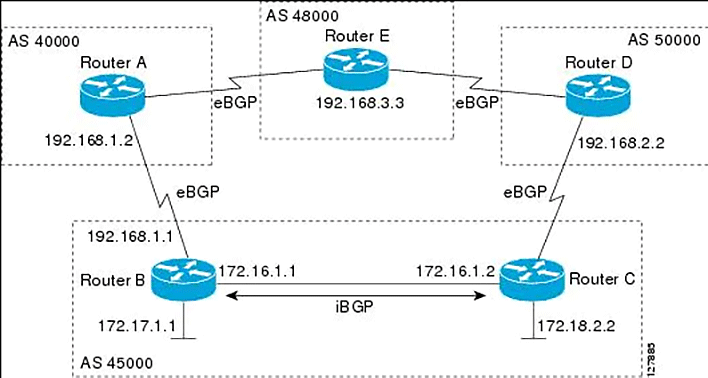Why The Pentagon Handed Control Of Its 175 Million IP Addresses To One Tiny Firm

The United States government has quietly handed over management of around 175 million traditional internet addresses (IPV4) to Global Resource Systems LLC, a small company in Florida, as part of a "pilot effort" to look for security issues. In case you are wondering, that works out to around 6 percent of all available IPV4 internet addresses.
This transfer of management (not ownership) began several months ago. What started off as tens of millions of IP addresses quickly became over a hundred million, which on the surface is unusual—typically speaking, big chunks of the IPV4 space are controlled by large telecommunications companies, such as AT&T and Verizon.
So how does Global Resource Systems LLC enter into the equation? That's a good question. According to The Washington Post, the tiny Florida security company is located outside of Fort Lauderdale, occupying a shared workspace in an office building that does not even list the firm on its lobby directory. When the news outlet visited the location, a receptionist would not say what the company does, and told the reporter to leave.
There is a veil of secrecy, in other words, sort of like the one that looms over Area 51 (the actual site, not Dell's Alienware PC line), though to a much smaller degree, it seems.

The transfer of management of so many IP addresses was only discovered when a messaging system for the Border Gateway Protocol (BGP) began telling administrators that previously dormant IP addresses held by the Pentagon could now be utilized, but that traffic would have to be routed to the mysterious Florida company.
Brett Goldstein, director of the Defense Digital Service (DDS), said the Pentagon had authorized the pilot program to "assess, evaluate, and prevent unauthorized use of DoD [Department of Defense] IP address space," adding that it could help "identify potential vulnerabilities."
DDS is a relatively new agency—it was created in 2015 and consists of a "SWAT team of nerds" tasked with running technology experiments for the military related to cyber security. Since its inception, DDS has participated in a bunch of special projects, everything from biometric app design to email encryption.
In a blog post, Doug Madory, director of internet analysis at Kentik, a network monitoring firm, said Global Resource Systems had amassed control of "far and away" the most IPV4 addresses "in the history of the internet," noting it manages 61 million more IP addresses than China Telecom, and 100 million more than Comcast.
"There is a vast world of fraudulent BGP routing out there. As I’ve documented over the years, various types of bad actors use unrouted address space to bypass blocklists in order to send spam and other types of malicious traffic," Madory said.
He also surmises that the Pentagon will ultimately take what it learns from this pilot program to make the web a safer place for everyone. We'll see.

